Is there an ideal bedroom temperature? Sleep scientists share how to get it right
Is your bedroom too hot or too cold?
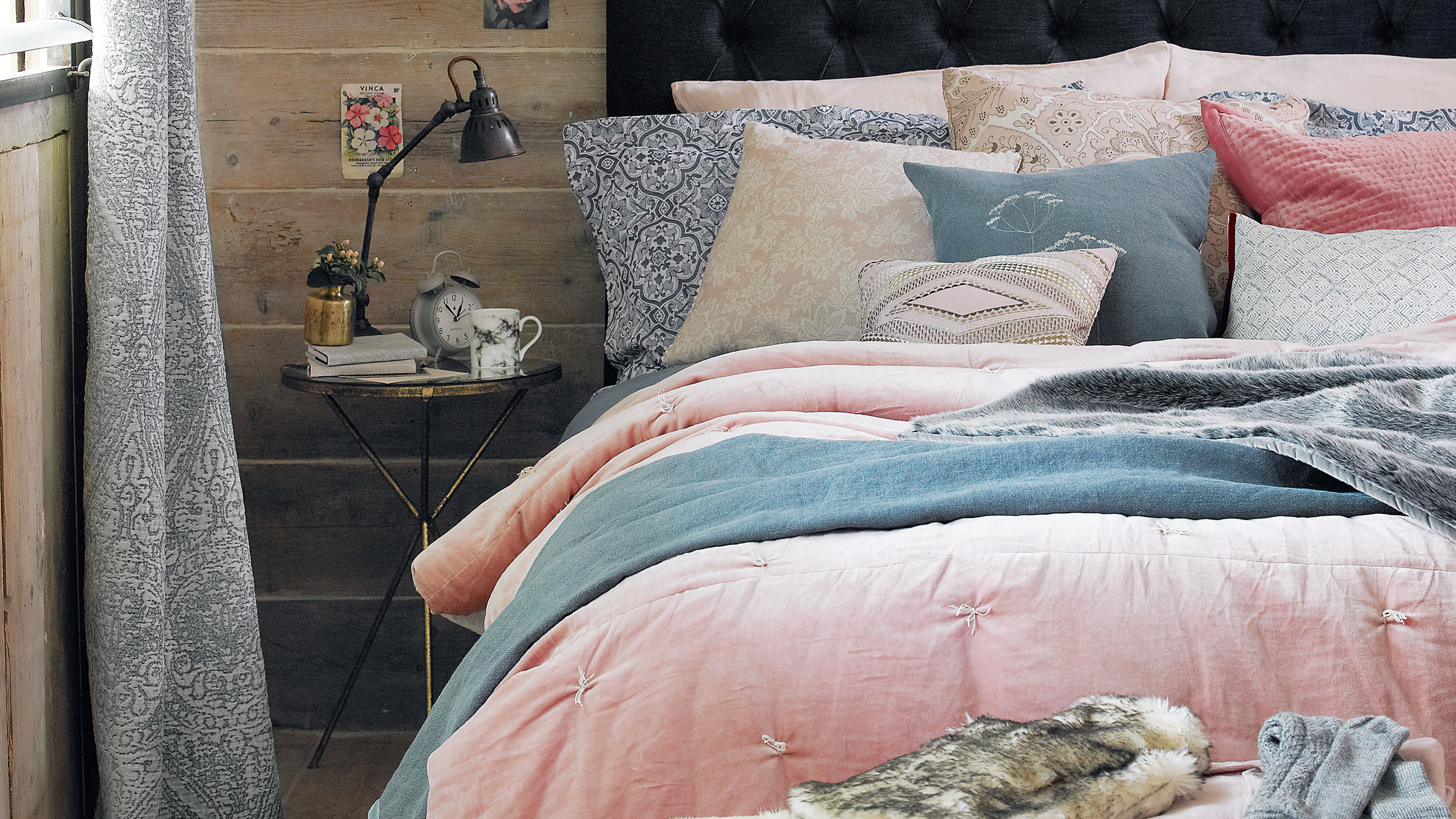
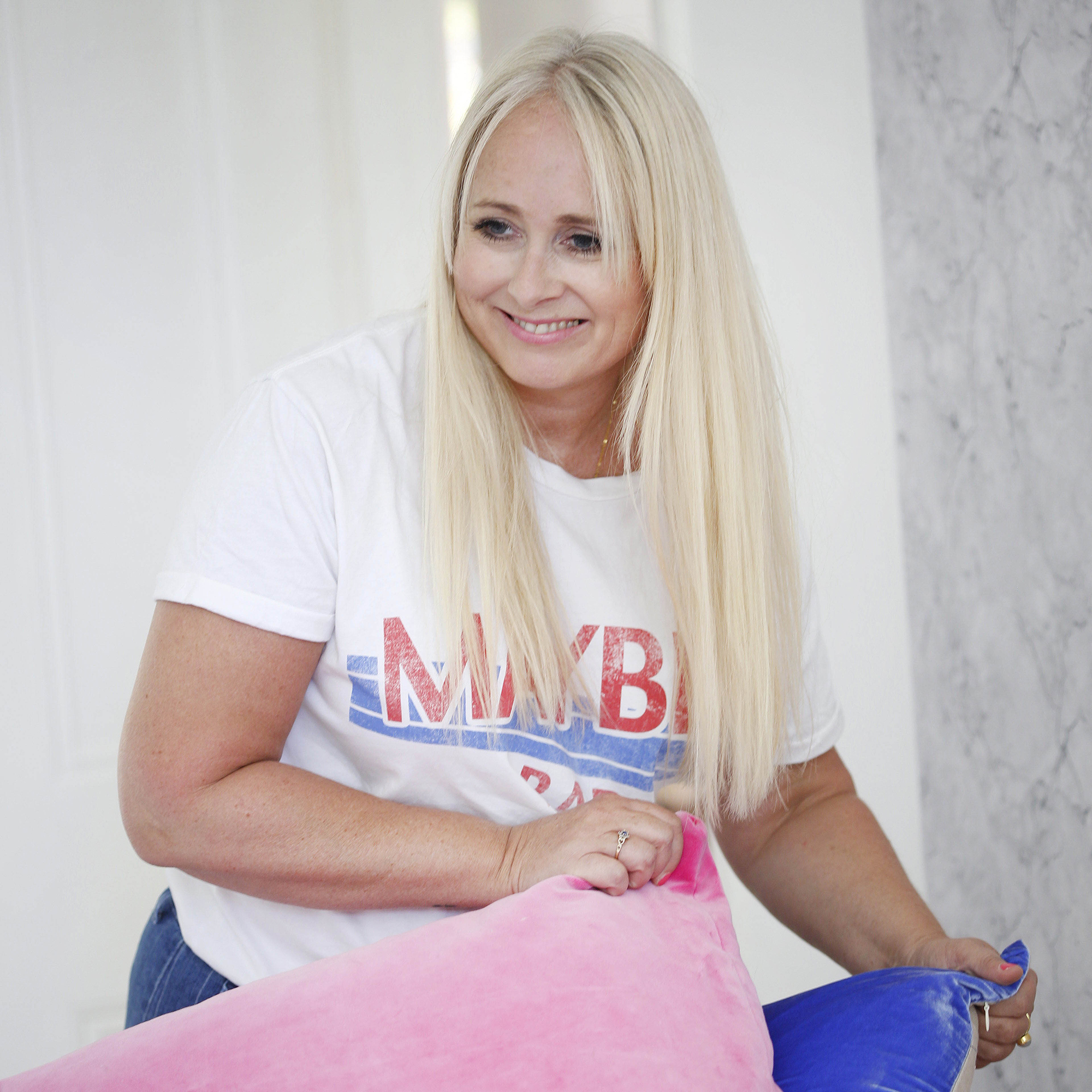
Millie Hurst
The ideal bedroom temperature is something we don't always agree on. And now the weather's turned seriously wintry, you might be wondering what the best conditions are for a good night's sleep.
It's hard to exaggerate the importance of quality sleep for our health (did you know that when the clocks go back and we get an extra hour, heart attacks go down by 21% and the opposite occurs in spring?).
So we turned to sleep experts to find out what be best temperature is. We can't promise to end longstanding thermostat stand-offs, but we can give you a temperature range to aim for to help you sleep soundly. Investing in good pillows, the best mattress and a sunrise alarm clock all go a long way, but room temperature is something that you can fix right now.
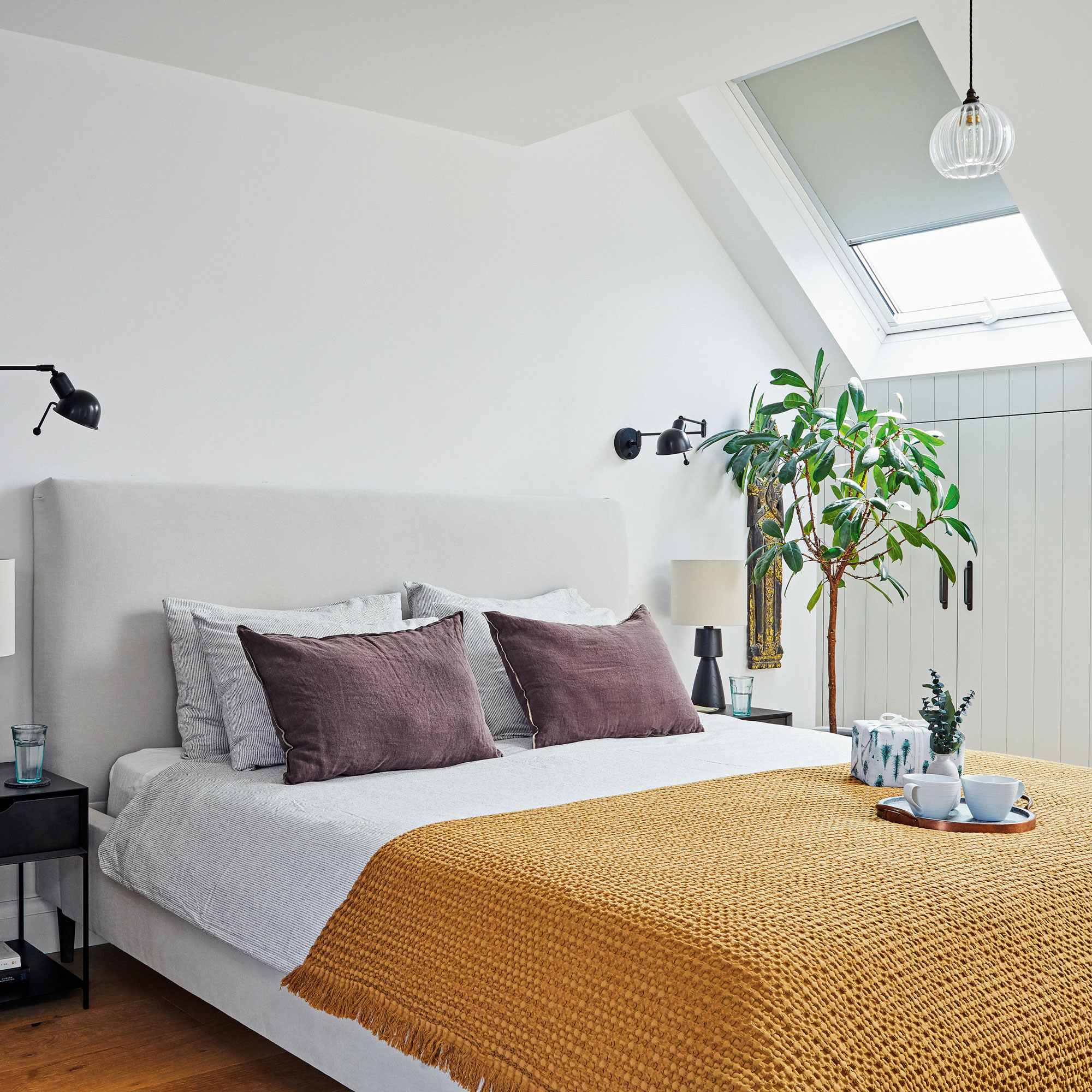
Is there an ideal bedroom temperature?
'When it comes to finding the perfect bedroom temperature to induce a good night’s sleep, unfortunately, there is no magic number,' says Hannah Shore, Sleep Expert at Silentnight. She says that the average night-time room temperature sits around 16 degrees, but it comes down to personal sleep routines and preferences.
When we look at the science behind it and what our bodies do when we go to sleep, it's clear that a room that's too warm will make it harder to get a good night's sleep. Our circadian rhythm, which is the natural internal process ruling our sleep-wake cycle, takes its cues from a range of elements, including light and, you guessed it, temperature.
Our core body temperature rises and falls through the day as our hormones do, and it drops by one or two degrees in the evening, coinciding with the release of the sleep hormone melatonin. This shift in temperature and hormones signals that the body is preparing for sleep, explains Nuffield Health Physiology National Lead, Louise Wright.
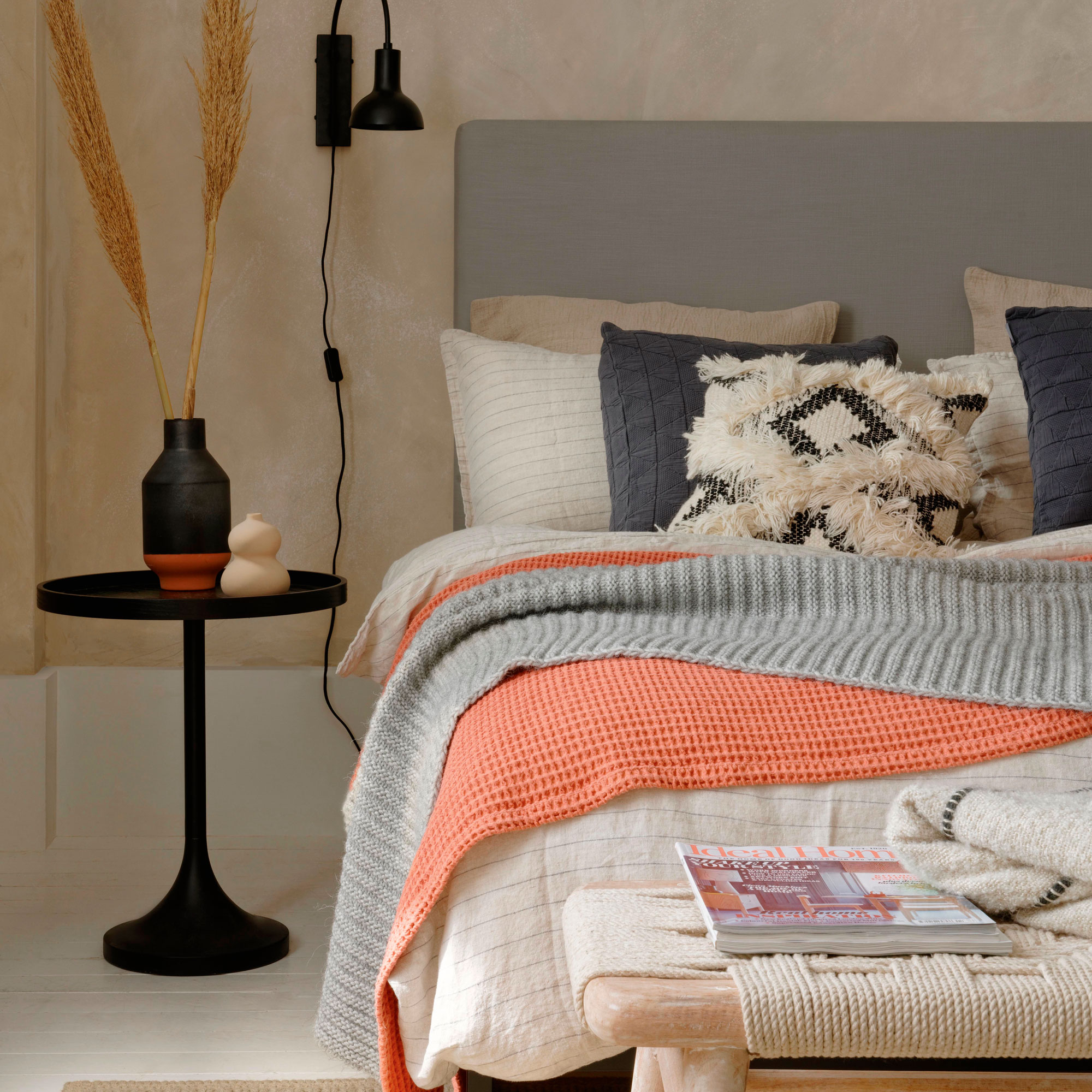
Louise points out that the body starts to cool itself through the process of vasodilation, allowing the blood flow to move away from the core towards the extremities. 'This is why you sometimes experience hot feet and hands at night!' she says. 'If where you are sleeping is too warm, this can interfere with your body’s thermoregulation and therefore cause discomfort and restlessness, as well as a decreased amount of time spent in the restorative stage of sleep,' Louise adds.
Get the Ideal Home Newsletter
Sign up to our newsletter for style and decor inspiration, house makeovers, project advice and more.
Is there an ideal bedroom temperature range?
The Sleep Foundation recommends keeping the thermostat between 15.6 to 19.4°C. 'For those over 65 or with pre-existing medical conditions, a systematic review by Public Health England in 2014 stated that maintaining the 18°C (65F) threshold overnight may be beneficial to protect health, alongside the use of sufficient bedding, clothing and thermal blankets or heating aids as appropriate,' says Louise.
Abbas Kanani, pharmacist at Chemist Click online pharmacysays, 'The general recommendation is between 15.6 to 19.4 degrees Celsius for a comfortable night's sleep, but this can vary from person to person. This is slightly lower than the recommended room temperature because of body temperature fluctuations during the sleep cycle.' So avoiding extremes and keeping your bedroom slightly cooler than other rooms of the house may help you sleep better.
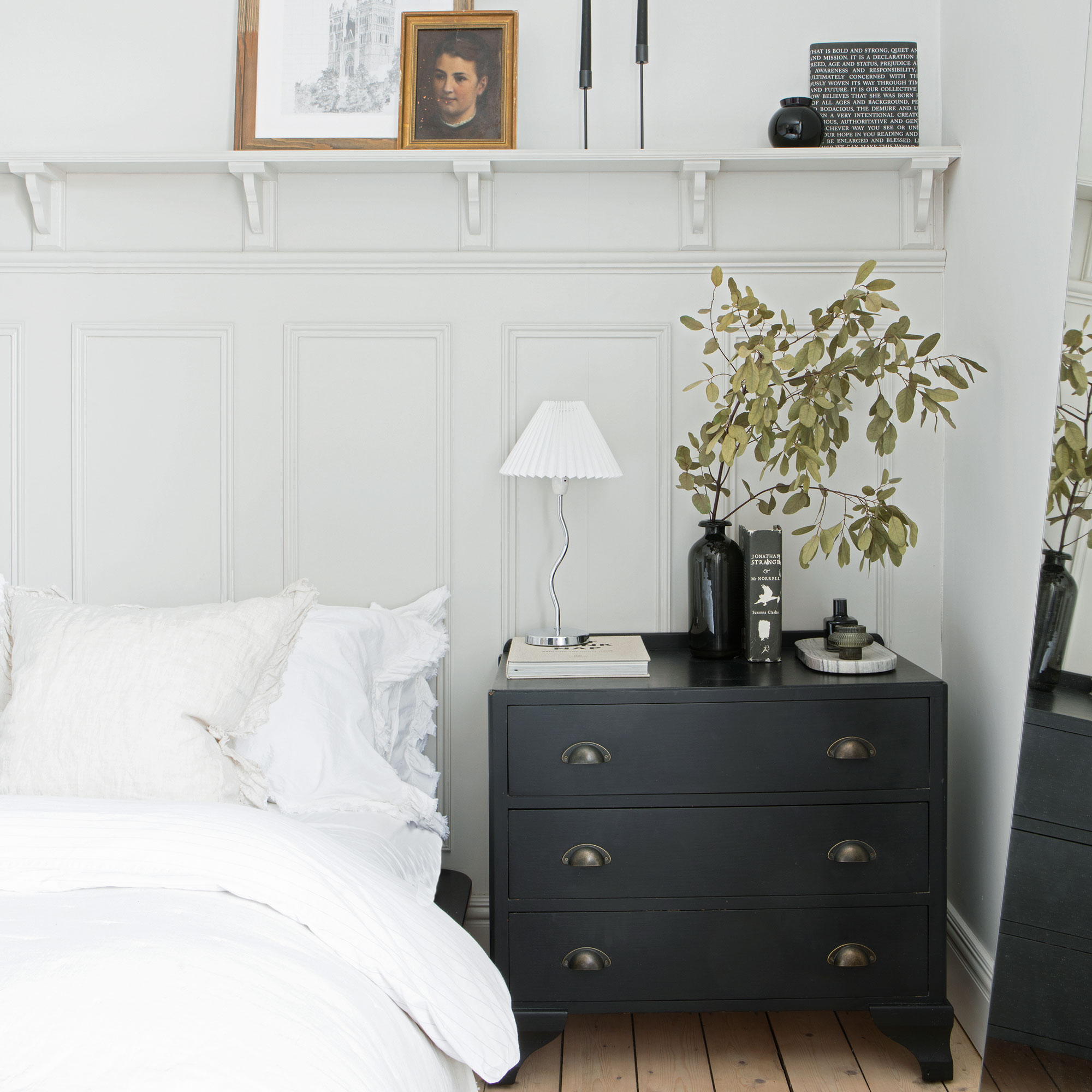
With temperatures dropping it's likely that our bedrooms can become too cold. But neither do you want to have the heating on all night because as soon as there's an increase in temperature it's a signal for our bodies to wake up. Experimenting with slightly different nighttime and daytime temperatures might mean you're able to save energy at home, too.
Is 15 degrees too cold for a bedroom and is 22 degrees too hot?
'Rooms can be at risk of damp and mould growth leading to health problems such as asthma, eczema and bronchitis and building damage if room temperatures fall below 15C for a prolonged period of time,' says Abbas Kanani. 'People in rooms with temperatures of 22 degrees could experience increasing discomfort. This can lead to disrupted and restless sleep, interrupting our REM sleep cycles, an important process where new learnings, motor skills and memory is processed.'

Laurie Davidson is a professional stylist, writer and content creator, who lives and breathes interiors. Having worked for some of the UK’s leading interior magazines, styled homes up and down the country and produced sets for TV shows, adverts and top brands, it’s safe to say Laurie has had a pretty exciting career. Find her on Instagram at @lifeofaninteriorstylist or over at lauriedavidson.co.uk
- Millie HurstSenior Content Editor
-
 Will a conservatory add value to your home and how can you maximise it?
Will a conservatory add value to your home and how can you maximise it?This is what the pros say
By Amy Reeves
-
 I’ve been looking for a new signature scent for my home and The White Company's new fragrance is the exact summer holiday smell I needed
I’ve been looking for a new signature scent for my home and The White Company's new fragrance is the exact summer holiday smell I neededSantorini smells fresh, summery and sophisticated
By Kezia Reynolds
-
 How to remove algae from garden walls in five steps – and the cleaning product experts rave about for tackling it fast
How to remove algae from garden walls in five steps – and the cleaning product experts rave about for tackling it fastExperts share their top tips for getting garden walls algae-free
By Katie Sims